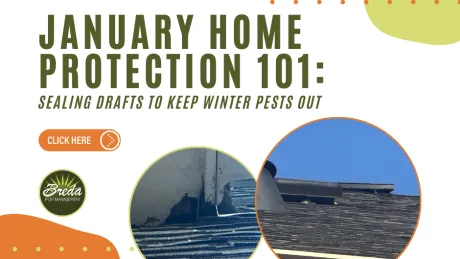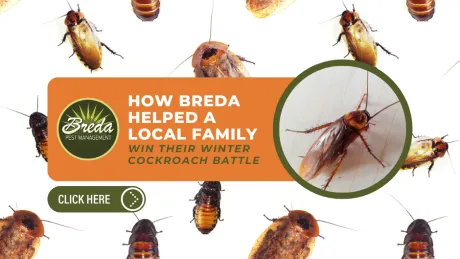Of all the many diseases mosquitoes carry, West Nile is one of the worst. Unfortunately, some experts claim that there will be more mosquitoes in Georgia carrying the virus this year than ever before, putting every Georgia homeowner at risk.
Read on to find out more about the West Nile virus and how you can protect yourself and your family.
What is West Nile?
The West Nile virus is an arthropod-borne virus (or arbovirus) first discovered in 1937 in the West Nile District of Uganda, for which it is named. While it was isolated to Africa, India, the Middle East, and parts of Asia for the better part of a century after its discovery, it entered the western world in 1999, when an outbreak began in Queens, New York City.
As of August 2017, West Nile Virus has been found in 42 of the 50 states, including Georgia.
How does it spread?
As an arbovirus, West Nile can be spread by a number of arthropods, but mosquitoes are by far the biggest offenders. In most cases, the mosquito picks up the disease after biting an infected bird. Infected mosquitoes then proceed to infect any other animals they come into contact with, including humans.
West Nile can also be spread through blood transfusions, organ transplants, and vertical transmission from mother to child. However, these cases are relatively rare, and mosquitoes account for the vast majority of cases.
What are the symptoms?
Symptoms of West Nile virus can vary wildly from person to person. About 20% of those infected develop a fever, with possible symptoms including head and body aches, joint pain, vomiting, diarrhea, and rash. About 1% will develop severe neurological issues, including disorientation, coma, seizures, and paralysis, and may also develop encephalitis or meningitis.
However, most people (70-80%) who contract West Nile virus do not develop any symptoms at all.
Am I at risk?
While the illness can affect people of any age, seniors over the age of 60 are at the greatest risk for severe symptoms and illness. Likewise, people with other medical conditions including cancer, diabetes, hypertension, and kidney disease are at a higher risk than the general population, as are any people that have received organ transplants.
How is the West Nile virus treated?
While over-the-counter pain relievers can be useful for reducing some of the symptoms, unfortunately, there is currently no cure for West Nile, nor is there a vaccine. In any cases where severe symptoms are present, the patient will need to be hospitalized.
If you or someone you know has developed symptoms indicative of West Nile, contact your doctor or health professional immediately.
How can I protect myself?
Because there is no vaccine or cure, defense is the best option. Use DEET-based insect repellents on yourself and around your home. Likewise, check out some handy do-it-yourself methods that can give your home an extra layer of protection.
Unfortunately, while DIY methods can help limit the mosquitoes in and around your home, they can't eliminate the threat entirely. Ultimately, if you want to keep your home safe, you'll need to get a qualified pest control professional that can safely and effectively kill the infestation without putting you, or the environment, at risk.
If you want to learn more about West Nile and the other diseases mosquitoes carry, as well as preventative measures you can take to keep mosquitoes away, download our free informative Ebook, How to Keep Mosquitoes Out of Your Yard This Summer.



